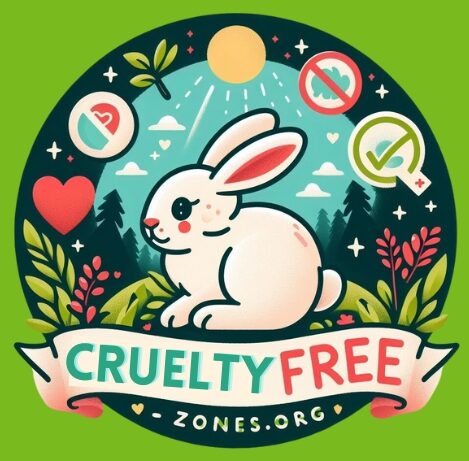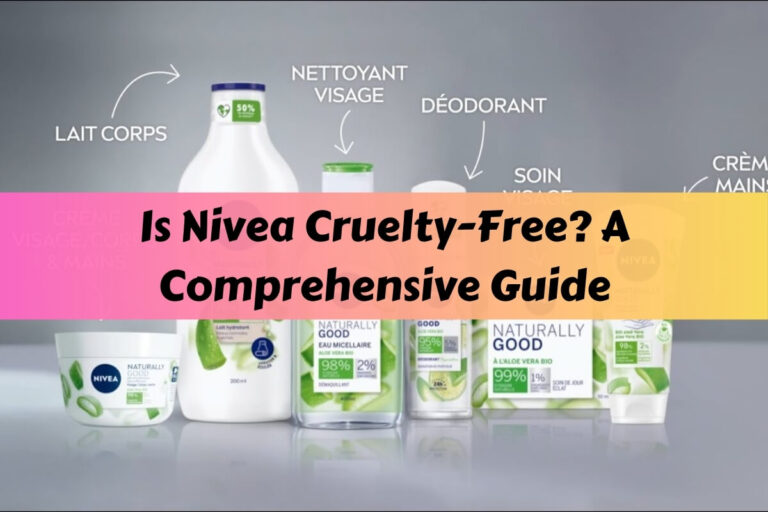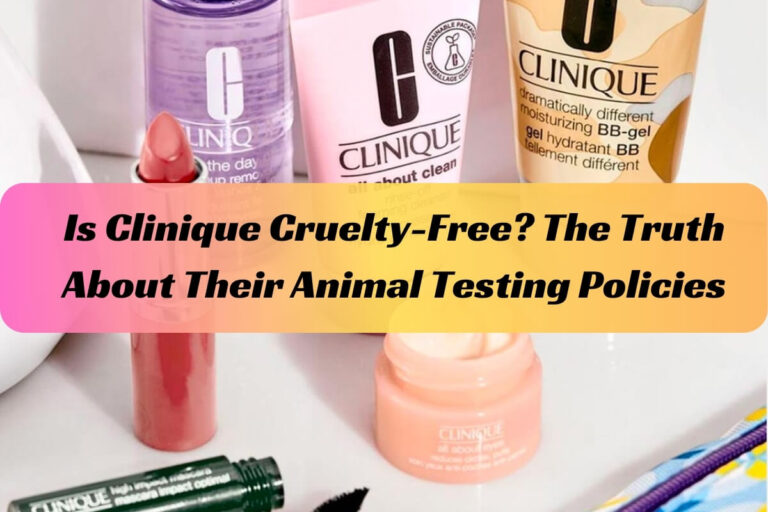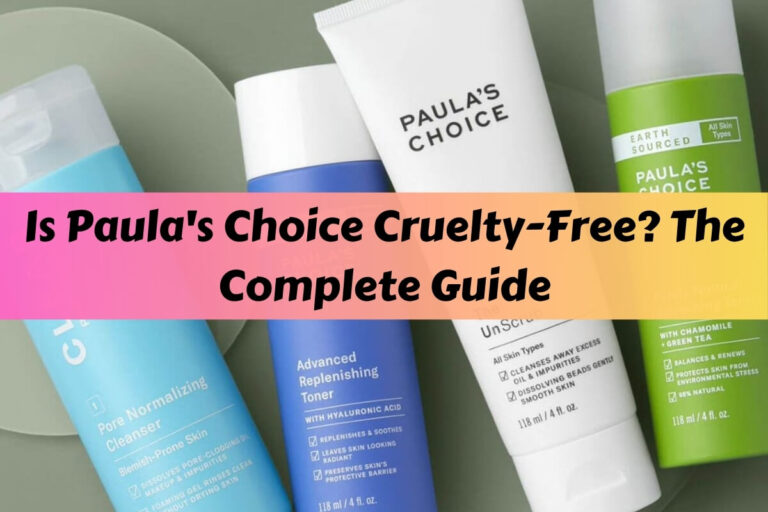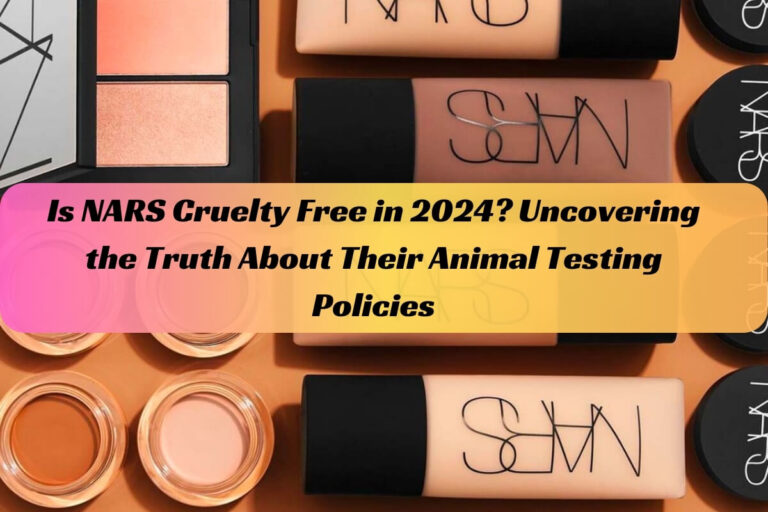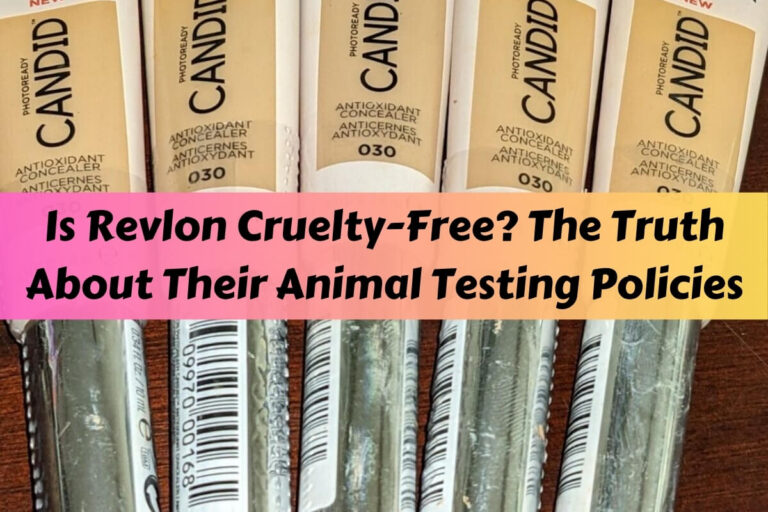Is Bath & Body Works Cruelty-Free? A Comprehensive Look
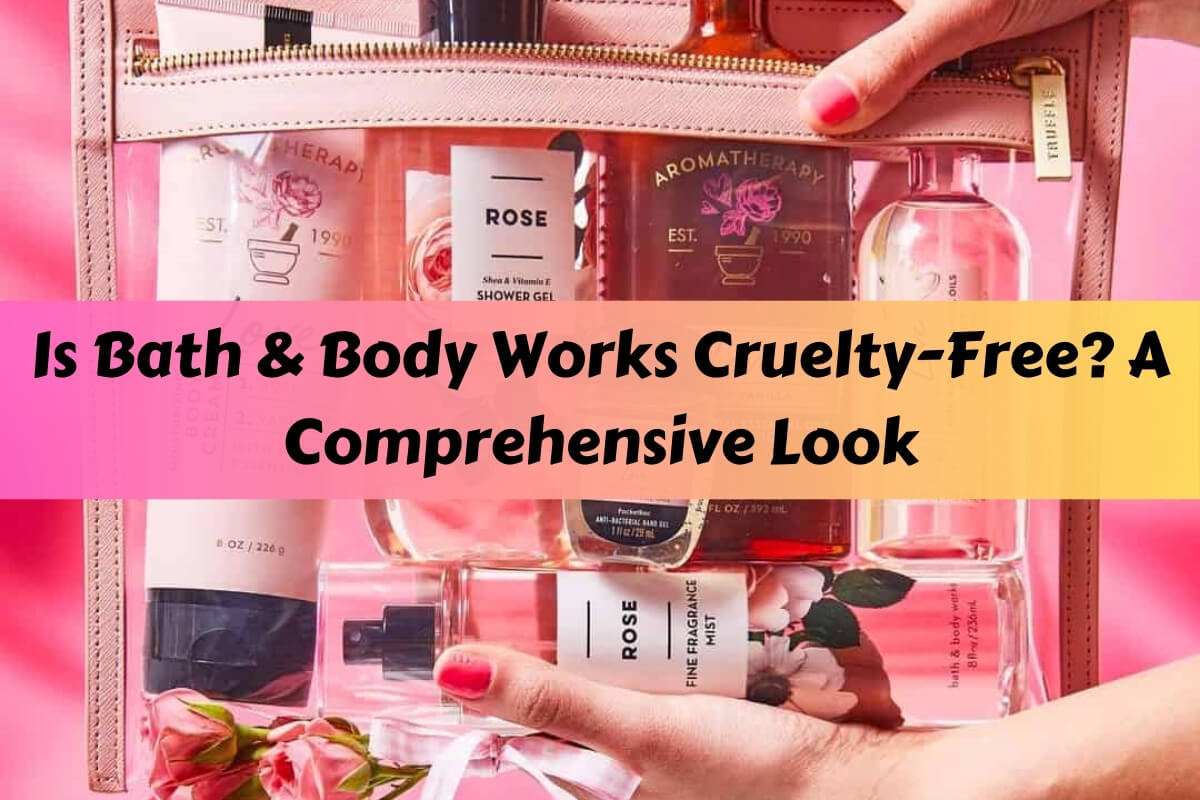
In recent years, there has been a growing demand for cruelty-free and ethical products, particularly in the cosmetics and personal care industry. Consumers are becoming increasingly conscious of the practices behind the products they purchase, and animal welfare has become a significant concern. One brand that has been at the center of this discussion is Bath & Body Works, a popular retailer known for its fragrances, body care, and home products. Is Bath & Body Works truly cruelty-free?
The short answer is: No, Bath & Body Works cannot be considered a cruelty-free brand.
This guide examines Bath & Body Works’ animal testing policies, ingredient sourcing, and cruelty-free status. It covers industry standards, and certifications, and suggests cruelty-free alternatives.
What Does Cruelty-Free Mean?
Before we delve into Bath & Body Works’ practices, it’s essential to understand the meaning of “cruelty-free” in the cosmetics industry. Cruelty-free refers to products and ingredients that have not been tested on animals at any stage of development or production. This includes finished products, individual ingredients, and formulations.
Animal testing, also known as vivisection, involves subjecting animals to various experiments and procedures to test the safety and efficacy of products or ingredients. These tests can range from skin and eye irritation tests to forced ingestion or injection of substances. While animal testing was once a common practice in the cosmetics industry, there has been a growing shift towards cruelty-free and vegan alternatives, driven by ethical concerns and advancements in alternative testing methods.
Bath & Body Works’ Official Stance on Animal Testing
Bath & Body Works has long claimed to be a cruelty-free brand, with statements on their website and product packaging stating that their products are “not tested on animals.” However, upon closer examination, their stance on animal testing is not as straightforward as it seems.
According to Bath & Body Works’ official website, the brand states, “Bath & Body Works does not test any of our branded products, formulations or ingredients on animals. Period.” This statement appears to be a clear affirmation of their cruelty-free status. However, in response to inquiries from animal welfare organizations and concerned consumers, the brand has provided a more nuanced stance.
Bath & Body Works has acknowledged that while they do not directly test on animals, they may allow animal testing in certain circumstances. Their policy states, “L Brands policy prohibits the testing of our branded products, formulations and ingredients on animals except in rare cases when required by government regulations.”
This statement suggests that Bath & Body Works is willing to conduct or allow animal testing if it is required by law in specific markets where they operate or plan to operate.
Understanding China’s Animal Testing Requirements
One of the key reasons why Bath & Body Works’ cruelty-free status is called into question is due to their plans to sell products in mainland China. China has strict regulations that require imported cosmetics to be tested on animals before they can be sold in the country.
In 2019, Bath & Body Works announced that they would be “piloting selling products in China during the summer of 2019.” The brand claimed that any personal care products sold in China would be produced locally, which would eliminate the need for animal testing, as the requirement only applies to imported products.
Bath & Body Works products made in China can still be tested on animals by Chinese authorities after sale, despite claims of no pre-market testing.
As a result, any brand that sells products in mainland China cannot be considered truly cruelty-free, as there is always a risk of animal testing being conducted on their products.
Dissecting Bath & Body Works’ Ingredient List
Another factor to consider when evaluating Bath & Body Works’ cruelty-free status is their ingredient sourcing practices. While the brand claims not to test on animals directly, some of the ingredients used in their products may have been tested on animals by third-party suppliers or during the ingredient development process.
Bath & Body Works products contain a variety of ingredients, some of which are derived from animal sources or have animal-derived components. These ingredients may include:
- Beeswax
- Lanolin (derived from wool-bearing animals)
- Carmine (a red pigment derived from crushed insects)
- Silk amino acids
- Biotin (derived from animal sources)
- Glycerin (can be plant-based or animal-derived)
- Stearic acid (can be plant-based or animal-derived)
Additionally, some of Bath & Body Works’ products contain synthetic fragrances, which can be a complex mixture of various chemicals. While the brand claims not to test these fragrances on animals, the individual components may have been tested by the suppliers or during the development process.
Bath & Body Works has vegan products without animal-derived ingredients, but they don’t clearly label or categorize them, making identification difficult.
Bath & Body Works’ Parent Company and Animal Testing
Another factor that complicates Bath & Body Works’ cruelty-free status is its parent company’s stance on animal testing. Bath & Body Works is owned by L Brands, which also owns other popular brands like Victoria’s Secret and PINK.
While Bath & Body Works claims not to test on animals directly, their parent company, L Brands, has a more ambiguous policy. According to their statements, L Brands allows animal testing “in rare cases when required by government regulations.”
This means that while Bath & Body Works may not conduct animal testing themselves, their parent company may engage in or allow animal testing for other brands or products under their umbrella. This association with a company that permits animal testing raises ethical concerns for conscious consumers who value cruelty-free practices.
Cruelty-Free Certifications and Bath & Body Works
To provide further clarity on a brand’s cruelty-free status, reputable third-party organizations offer certifications that validate a company’s practices and commitment to animal welfare. The two most widely recognized certifications in the cosmetics industry are the Leaping Bunny Program and PETA’s Beauty Without Bunnies Program.
These certifications are awarded to brands that meet strict criteria, including not testing on animals at any stage of product development, not allowing third-party testing on their behalf, and not selling in markets that require animal testing by law.
Unfortunately, Bath & Body Works is not certified by either of these organizations. The lack of third-party certification further casts doubt on the brand’s cruelty-free claims and raises questions about their transparency and accountability.
Frequently Asked Questions
To provide clarity on some of the most common questions surrounding Bath & Body Works’ cruelty-free status, here are some frequently asked questions and their answers:
Does Bath & Body Works test on animals?
According to their official policy, Bath & Body Works does not directly test their products, formulations, or ingredients on animals. However, they may allow animal testing in markets where it is required by law, such as China.
Are Bath & Body Works products vegan?
While Bath & Body Works offers some vegan products, many of their products contain animal-derived ingredients or components. The brand does not clearly label or categorize its vegan offerings, making it challenging for consumers to identify them.
Can Bath & Body Works be considered cruelty-free?
No, Bath & Body Works cannot be considered a truly cruelty-free brand. Their willingness to allow animal testing in certain markets, the use of animal-derived ingredients, and their association with a parent company that permits animal testing all contribute to their inability to be classified as cruelty-free.
How can I identify truly cruelty-free brands?
To identify truly cruelty-free brands, look for third-party certifications like the Leaping Bunny Program or PETA’s Beauty Without Bunnies Program. Additionally, research the brand’s policies and ingredient sourcing practices to ensure they align with your ethical standards.
Cruelty-Free Alternatives to Bath & Body Works
If you’re seeking cruelty-free and vegan alternatives to Bath & Body Works, there are numerous options available from reputable brands. Here are some recommendations:
- Pacifica: This brand offers a wide range of cruelty-free and vegan products, including perfumes, body care, and skincare items. Pacifica is certified by PETA and the Leaping Bunny Program.
- Hempz: Known for its moisturizing lotions, Hempz is a 100% vegan and cruelty-free brand. They offer a variety of body care products, including body wash, soap, and hand sanitizers.
- Lush: Lush is a popular brand that offers a wide range of cruelty-free and vegan products, including soaps, bath bombs, skincare, and more. They have brick-and-mortar stores in multiple countries and are certified by both PETA and the Leaping Bunny Program.
- Skylar: This clean beauty brand specializes in cruelty-free and vegan perfumes. Skylar’s fragrances are free from phthalates, parabens, and other harmful ingredients, making them an ethical and environmentally conscious choice.
- Sol de Janeiro: While Sol de Janeiro is cruelty-free, it’s important to note that they have a parent company that tests on animals. However, they offer a range of vegan-friendly body care products, including their popular Brazilian Bum Bum Cream.
- The 7 Virtues: For those seeking cruelty-free and vegan perfumes, The 7 Virtues is an excellent option. They use natural and ethical ingredients, and their fragrances are free from phthalates and parabens.
- Good Chemistry: This affordable and accessible brand offers cruelty-free and vegan perfumes, body mists, and other fragrance products. Good Chemistry’s products are available at various retailers, including Target and CVS.
- Method: While Method has a parent company that tests on animals, they are a cruelty-free and vegan brand offering a range of eco-friendly household and personal care products, including soaps, body washes, and lotions.
- Everyone: As the name suggests, Everyone is a cruelty-free and vegan brand designed for everyone. They offer a variety of personal care products, such as soaps, lotions, and hand sanitizers, at affordable prices.
- Mrs. Meyer’s Clean Day: Although they have a parent company that tests on animals, Mrs. Meyer’s Clean Day is a cruelty-free and vegan brand offering a range of household and personal care products, including soaps, body washes, and candles.
- Floral Street: For those seeking cruelty-free and vegan fragrances, Floral Street is an excellent choice. They offer a range of perfumes, candles, and home fragrances, all free from animal-derived ingredients and testing.
These brands represent just a few of the many cruelty-free and vegan alternatives available in the market. By supporting these ethical companies, consumers can make a positive impact on animal welfare while enjoying high-quality personal care products.
